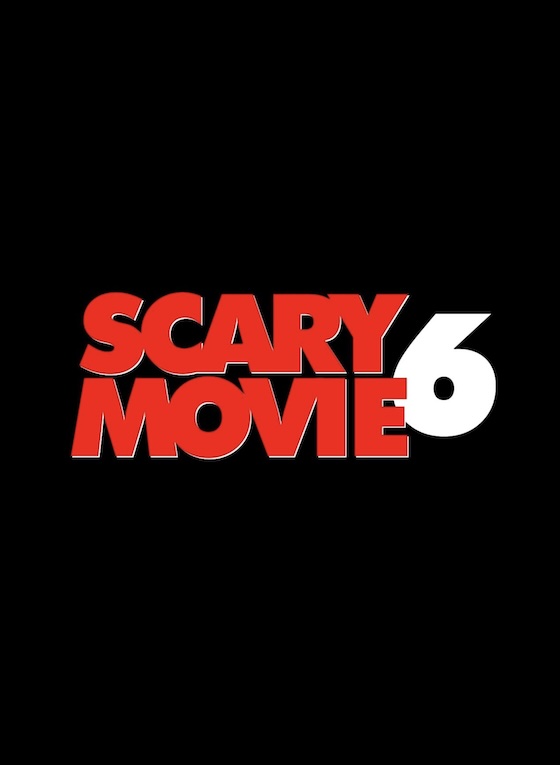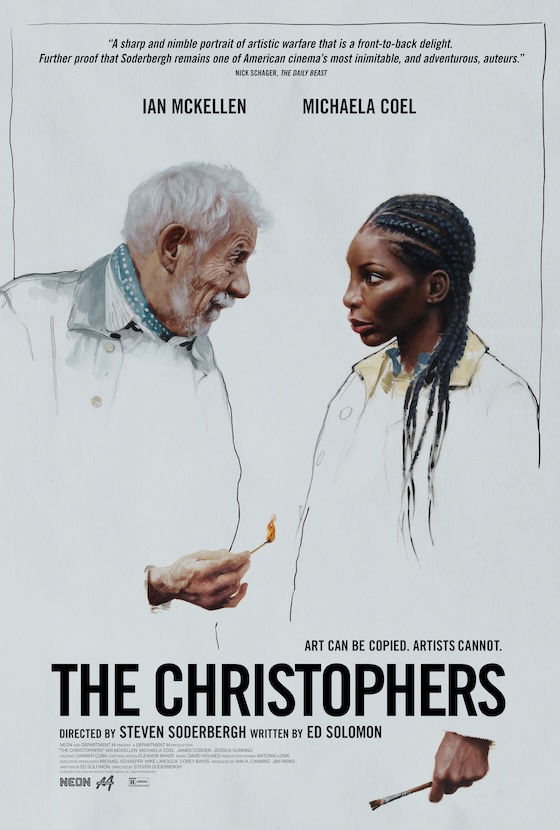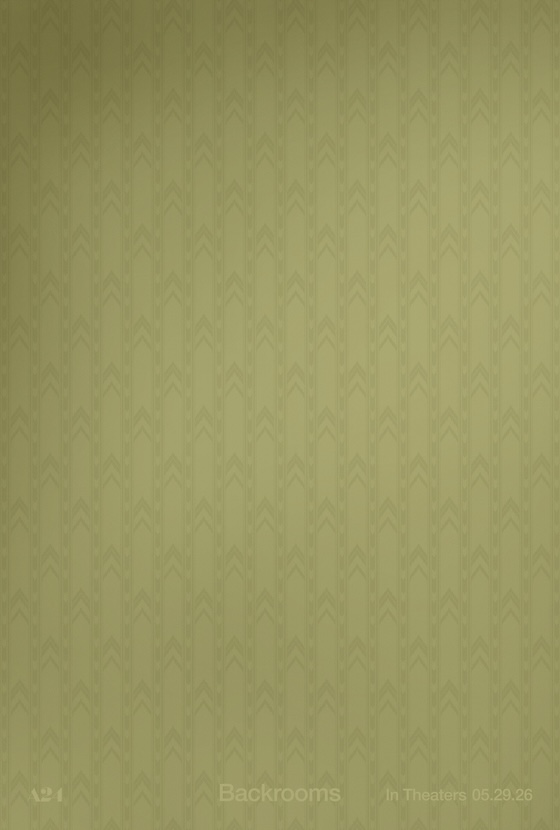Movie Review
Film Details
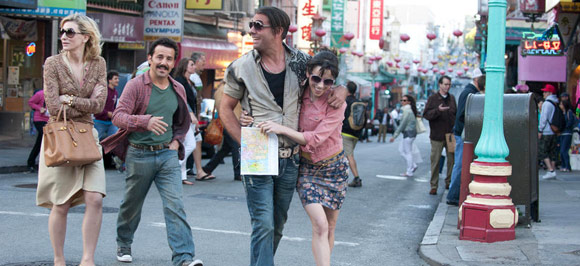
![]()
I’ve never been impressed by Woody Allen. Personal life aside, I find most of his movies to be dramatically too dialogue heavy, and his situations presented to the characters to be morally objectionable nine chances out of ten. He’s a conflicting personality in that he proposes obscure, sometimes confusing circumstances on his leads and then lets them play out freely. To his credit, Allen is quite comfortable and well versed in allowing his characters to decide their own direction, rather than having them follow a specific narrative.
It’s this reason why Blue Jasmine is such an effective film. Past excursions into the mental health department for Allen have resulted in some memorable, if not a bit overly dramatic, roles that border on psychotic as well as excessive. But Cate Blanchett’s Jasmine is the epitome of all of this, and Allen surrounds her with a lush environment that she can react to with humorously depressing results.
Cate Blanchett has always been a fine actress, one of the best. Her choice in roles lately has given her room to show a darker side and Blue Jasmine could very well be the culmination of that. After divorcing her husband, an embezzler in real estate, Jasmine moves to San Francisco to live with her estranged adopted sister Ginger (Sally Hawkins). It’s a step down from the socialite life Jasmine has become accustomed to. Instead of dinner parties and ballroom dancing, Jasmine is now subjected to watching the fight on pay-per-view and eating hot dogs with macaroni and cheese.
Blue Jasmine is, however, not a story about healing. Blanchett’s character Jasmine is not in San Francisco to heal, she’s there to rebound. This is a fundamental plot twist that needs to be understood when approaching the film. Those hoping for a reformation will be slightly disappointed as the film progresses. This is the intent of Allen though, it’s a character study and the audience is peaking in as an observation of the sick mind of a woman who has had everything given to her based on her “genes” and is now nothing.
That’s not to say that the film lacks any purpose, it’s a very delightful film. It’s a cocktail of frustration and sad humor and it’s typified by the collection of characters who systematically function like a family in the most real ways possible. If there’s anything to gripe about with Blue Jasmine its the lack of innovation on Allen’s part. He’s noted for being a visionary director who recently hit a late-career stride with successful films like Midnight in Paris and Vicky Christina Barcelona. After the fantastical nature of Midnight it’s a bit of a letdown to be presented with such a straightforward dramedy about mental health issues, but Allen doesn’t falter on it at all since it’s elevated and sustained by Blanchett’s mesmerizing performance.
It takes nothing away from the rest of the crew either, even if the reason to watch Blue Jasmine is Cate Blanchett’s stellarness. Allen’s writing and dialogue are direct, there’s little fat to be trimmed from it, and his characters are rich with personality and depth. But to point out any flaws? For starters the film is brief, it flies by in just a shade over 90 minutes, which isn’t necessarily a bad thing, but in film these days that extra minute of dialogue can go a long way. For Allen though, the brevity works to his advantage in some instances. Driven by Blanchett’s delivery, the dialogue rarely seems plodding until it’s shifted to a few secondary characters who are just filler (ex: Augie, played by the notorious Andrew Dice Clay).
Blue Jasmine also suffers slightly from an uneventful narrative - to be blunt, not a lot happens in Blue Jasmine. It’s primary focus is on Jasmine’s coping with this drastic move to San Fran and how she adjusts to being near her sister, whom she’s rarely seen eye-to-eye with. Her attempts at falling “in love” again backfire left and right because of her own inhibitions. Some have bad luck, and some have no hope. Jasmine would be the latter. Unfortunately for anyone seeking a film about a heroine or even a viable resolution, Blue Jasmine will not be your cup of tea.
All in all, it’s still an engaging film, and one that should not be missed. Blanchett controls the camera the whole time with a magnetic attraction to her bizarre condition. Even in the moments of her solitude where she talks to herself and reenacts previous conversations with her husband (played by Alec Baldwin) by herself, she’s still gripping. Blue Jasmine is a tragedy on many levels, with few rewards for it’s characters. It will not be an uplifting story, but it is a poignant look at the damages of wealth and alcoholism - two things we’ve seen a multitude of times before. What will separate it from the rest will be Blanchett’s charm and humility. For that reason alone, Blue Jasmine will reserve a special place for those of us who appreciate the nature of her illness, as well as all of the inner struggles one must face.
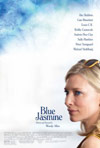 MPAA Rating: PG-13 for mature thematic material, language and sexual content.
MPAA Rating: PG-13 for mature thematic material, language and sexual content.
Runtime: 98 mins
Director: Woody Allen
Writer: Woody Allen
Cast: Cate Blanchett, Alec Baldwin, Peter Sarsgaard
Genre: Drama | Comedy
Tagline: Blue Jasmine
Memorable Movie Quote: "Anxiety, nightmares and a nervous breakdown, there's only so many traumas a person can withstand until they take to the streets and start screaming."
Distributor: Sony Pictures Home Classics
Official Site: www.sonyclassics.com/bluejasmine
Release Date: July 26, 2013
DVD/Blu-ray Release Date: No details available
Synopsis: A woman whose comfortable life is uprooted after her husband is exposed as a criminal moves to San Francisco to be with her sister.

